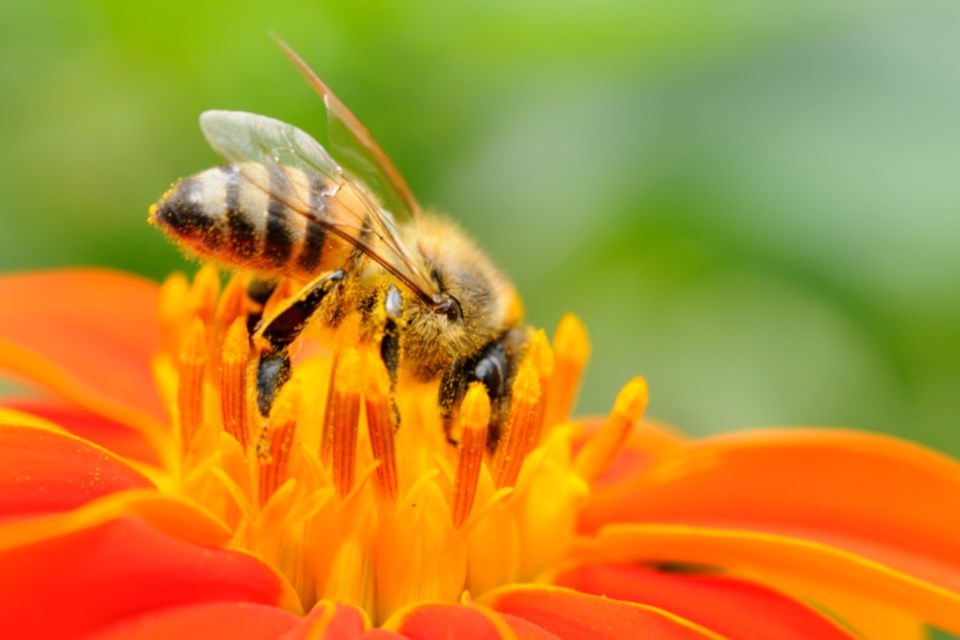Joining a global movement, Greater Sudbury is making allowances for “No Mow May,” a month in which people are encouraged to allow their grass to remain un-mowed to help pollinators.
Ward 9 Coun. Deb McIntosh introduced a successful motion during last week’s city council meeting for staff to draft a bylaw amendment for approval on March 21.
It appears destined for approval, with Ward 2 Coun. Michael Vagnini offering the only voice of opposition during a recent city council meeting, saying he had “documents” containing additional information he wanted to share with his colleagues.
As it stands, a city bylaw requires, “No owner shall fail to cut any grass, weeds or wild vegetation growing on his or her yard that exceeds 20 centimetres in height.”
The bylaw amendment McIntosh proposed will have this requirement only apply from June 1 to Dec. 1, thereby freeing up what is hopefully a snow-free May for people to allow their yards to grow longer than 20 centimetres to provide a habitat for pollinators.
It doesn’t prohibit people from mowing their lawns in May, McIntosh said, clarifying that the amendment simply allows people the option to leave their lawns un-mowed that month.
“It’s time we move on some of our CEEP initiatives,” Ward 8 Coun. Al Sizer said, in reference to the Community Energy and Emissions Plan, which maps out a long-term plan to reduce carbon emissions and pollution in Greater Sudbury.
Sizer pointed out that former mayor Brian Bigger declared Pollinator Week in June of last year, and that Tom Davies Square has a small pollinator garden outside.
"I encourage citizens across our community to consider planting pollinator gardens to support healthy ecosystems, prevent soil erosion, increase carbon sequestration, and create natural spaces that have a positive effect on our mental health,” Bigger said at the time.
“Studies show that monoculture lawns are detrimental to the biodiversity of pollinators and that allowing spring flowers to bloom and changing a mowing regime can increase biodiversity of ground cover, which includes edible species and flowering plants for pollinators,” according to the preamble to McIntosh’s successful motion.
No Mow May was created by UK-based conservation charity Plantlife in 2019, and has since spread throughout the globe, where lawns have been allowed to grow long to help feed pollinators.
The CIty of Kingston joined the movement last month, and the City of Greater Sudbury is slated to work with community partners to promote No Mow May once it’s formally adopted via bylaw later this month.
City bylaw manager Stefany Mussen said it shouldn’t create too great a headache for the city, with only five to 10 per cent of last year’s 1,329 complaints related to yard clearing having to do with long grass only.
There were 168 complaints in May, of which only a dozen or so would have had to do with long grass only.
Tyler Clarke covers city hall and political affairs for Sudbury.com.
